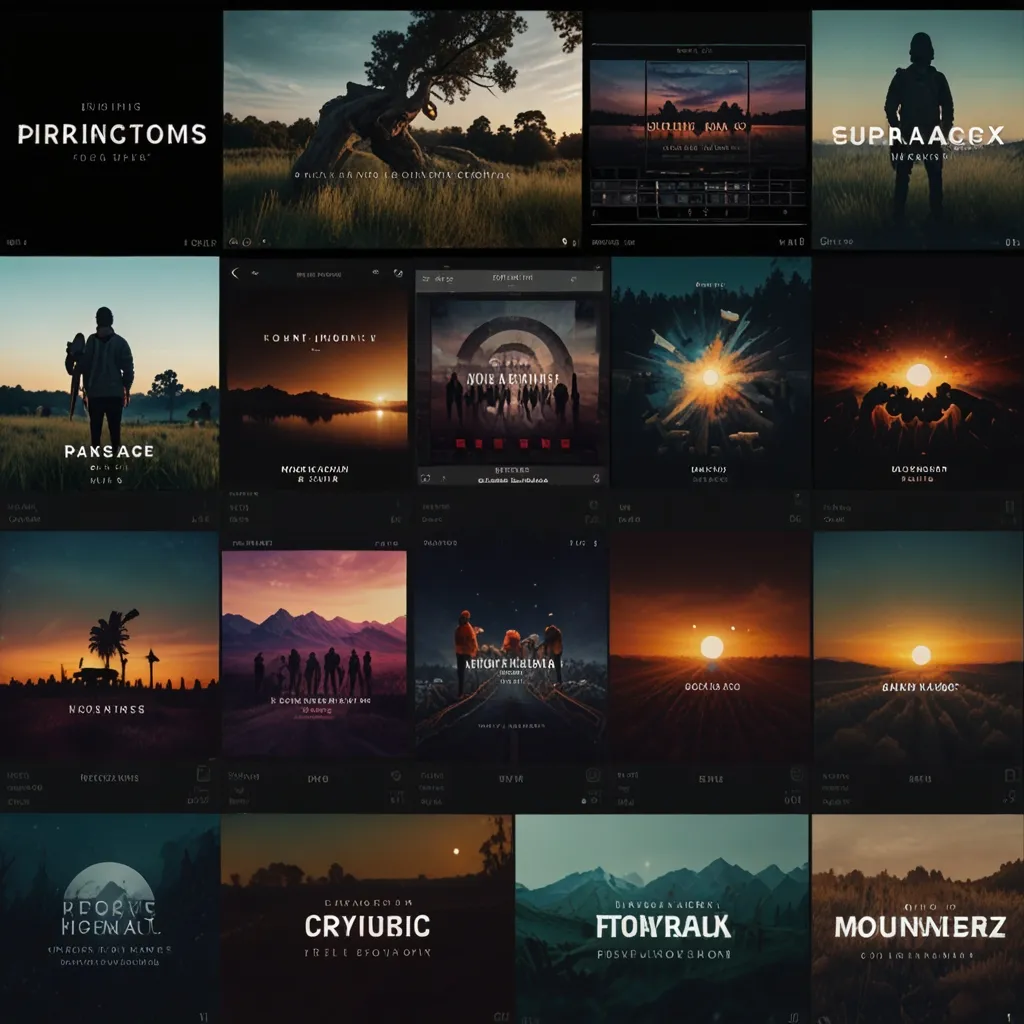How many times does the chorus repeat in your favorite song? Think about how many times you’ve listened to it. Chances are you’ve heard that chorus repeated dozens, if not hundreds, of times. And it’s not just pop songs in the West that lean on repetition. Music from cultures all over the globe share this trait. So, why is repetition such a big deal in music?
Psychologists point to something called the mere-exposure effect. Basically, the more we’re exposed to something, the more we tend to like it. Imagine a song comes on the radio that you don’t really care for. But then you hear it at a store, in a TV commercial, and maybe on the street. Before you know it, you’re tapping to the beat, singing the words, and even downloading the track. This isn’t unique to songs; it works for shapes, ads, and even Super Bowl commercials.
To delve deeper, researchers have experimented with music that avoids exact repetition. People listened to original compositions or versions that had been digitally altered to include repetition. Surprisingly, even though the repetitive versions were cobbled together by editing, people enjoyed them more and even thought they were more likely to be composed by a human artist.
Musical repetition hooks us in a unique way. Take the Muppets’ classic, “Mahna Mahna.” If you know it, you can’t help but respond with “Do doo do do do” after hearing “Mahna mahna.” Repetition connects each piece of music to the next, making our minds unconsciously sing along. Sometimes, we start humming without even realizing it.
Studies show that hearing a segment of music repeated makes us want to move or tap along to it. Repetition engages us as active participants in the music rather than passive listeners. Research also shows that our attention shifts with each repetition. You might focus on the melody first, but next, you’ll notice how the guitarist bends a pitch. This shifting focus happens in language too, with something called semantic satiation. Repeating a word like “atlas” over and over can make us stop thinking about its meaning and start noticing the sound.
Repetition can uncover new worlds of sound. This is why repeating a sentence multiple times can shift our attention to the pitch and rhythm, making it sound like a song. Even random sound sequences, when looped, start to seem musical.
Repetition creates a type of listening where we’re mentally engaged with what’s coming next. This is linked to earworms, those catchy segments of music that get stuck in your head on repeat. Critics often find music’s repetitiveness childish or simplistic, but it’s a crucial feature that defines our experience of music. Far from an embarrassment, repetition is the secret sauce that makes music so captivating.






